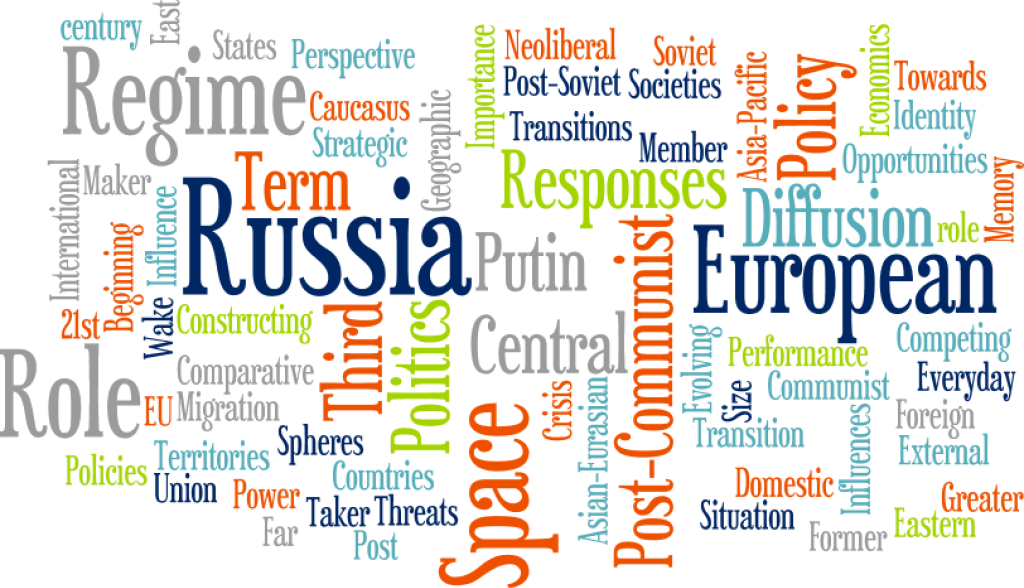On Tuesday, April 24th please join us for “The Impact of the Fourth Wave of Democratization: Post-Communism within Global Context", a talk with Anastassia Obydenkova from the National Research University Higher School of Economics and Zafar Nazarov from Indiana University – Purdue University Fort Wayne. This talk is part of the Occasional Series, sponsored by the NYU Jordan Center for the Advanced Study of Russia.
Since the late 1980s, the post-Communist states have undertaken various paths of regime transition: by the early 2000s, some states became democracies (e.g., three Baltic Republics), while others became autocracies (e.g., Belarus, Kazakhstan, Uzbekistan). Abundant literature addressed in detail the causes of democratization. However, there are few studies focused on the impact of post-Communist democratization. This research project tackles this issue directly and aims to answer the following question: What are the consequences of post-Communist democratization for society? This project intends to address this question within the framework of theory of democratization and post-Communism studies. It aims to provide a unique analysis of the so-called fourth wave of regime transition by focusing on the most challenging and seriously under-studied issue. Methodologically, the research paper is based on quantitative analysis. The data is collected from numerous sources such as the World Bank, European Bank for Reconstruction and Development, Freedom House, among others. Focusing on post-Communist states, the paper provides new insights into the success or failure of the fourth wave of democratization. The findings have implications for the theory of democratization and regime dynamics worldwide.
Anastassia V. Obydenkova is a leading research fellow at the Center for Institutional Studies of National Research University Higher School of Economics and a research affiliate at the Institute for Economic Analysis of the Spanish Council for Scientific Research. She is currently a co-director of the project “Regionalism in Fragmented World” sponsored by Princeton and Oxford University. She holds a PhD in Political Science from the European University Institute (Florence, 2006). She has been a Fung Global Fellow at Princeton University, a Fox Fellow at Yale University, and a Kathryn and Shelby Cullom Davis Senior Research Scholar at Harvard University. Her research interests lie in comparative politics and international relations, including democratization, democracy, autocracy, regionalism and international organizations, with an area focus on former Communist Eurasia and China. She has published four books and articles on this topics in such journals as World Politics, Comparative Political Studies, Journal of Common Market Studies, Post-Soviet Affairs, European Journal of Political Research, Journal of Democracy, etc.
Zafar Nazarov has expertise in health and labor economics. He received MS from New Mexico State University and PhD in Economics from the University of North Carolina. He has become more involved in research efforts in institutional economics. In one of his studies he explored whether subnational institutions played a crucial role in economic growth in the period of extensive re-centralization that Russia had experienced in the 2000s. Dr. Nazarov is also interested in the competing effects of various firm characteristics on firm innovation. Currently, he is working on quantifying the empirical link between political and economic institutions of the former Soviet Union republics that have been transitioning from socialism to market-based economies and present health outcomes of the population measured by life expectancy, mortality, obesity and disability. He published in Labour Economics, Economics Letters, Economics of Transition, American Journal of Public Health, Policy and Education, Sociological Methods and Research, among others.



